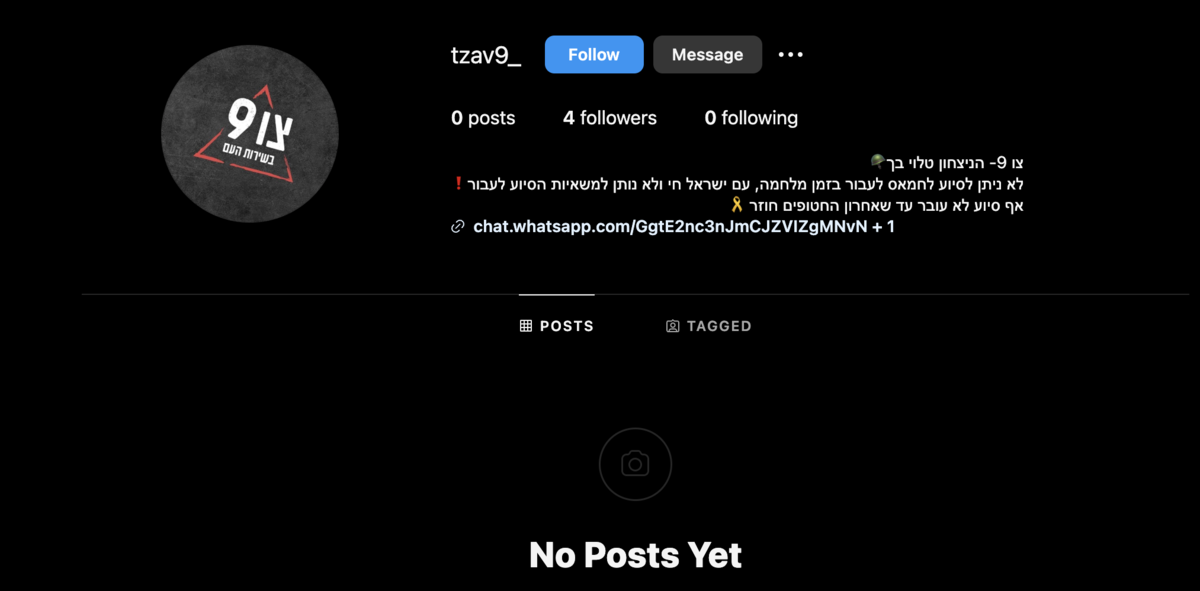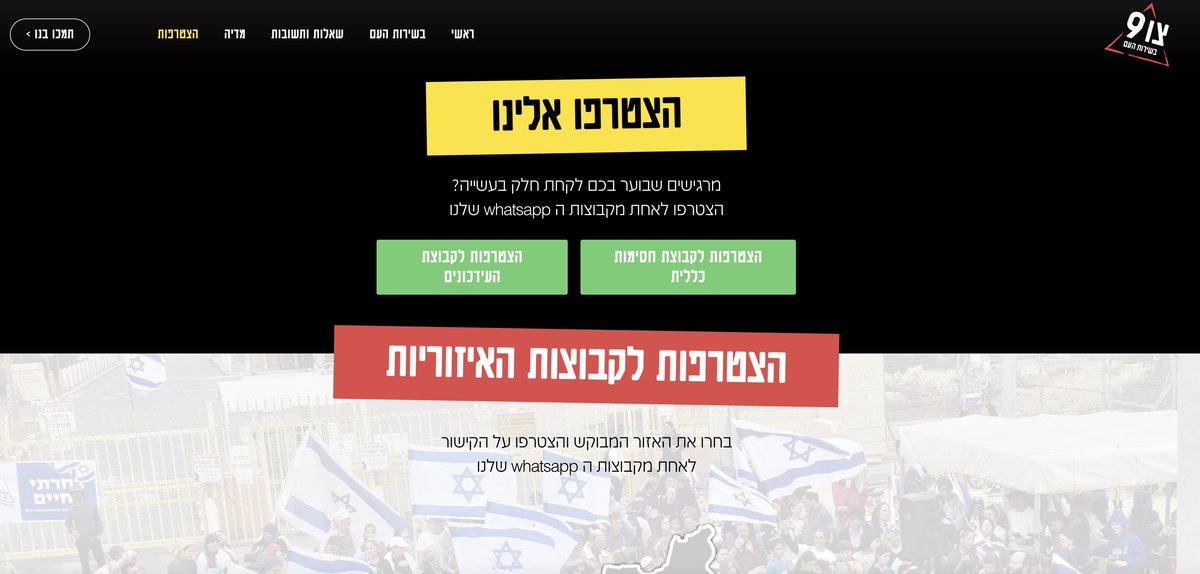LONDON: Meta has deactivated the accounts of a group of Israeli settlers after a series of attacks on aid convoys bound for Gaza.
The right-wing Israeli group Tzav 9 (Order 9) has been responsible for organizing attacks on trucks carrying food, medicines, and other essential supplies to the Gaza Strip.
According to a report by Middle East Eye, the group, which used both Facebook and Instagram to coordinate raids on convoys, was suspended for violating Meta’s Coordinating Harm policy.
This prohibits users from using the platform to “facilitate, organize, promote, or admit” criminal activities.
Meta confirmed on Thursday that Tzav 9’s operations fell under this policy.
The group has claimed responsibility for several attacks, including blocking a convoy from Jordan to Gaza at a checkpoint in the Hebron Hills region last week.
During these attacks, members affiliated to the group threw goods on the ground and set fire to two trucks.
Arab News has learned that, at the time of writing, Tzav 9 appears to have resumed activity on Instagram under a similar username.
Links in the account’s bio redirect to what appears to be the group’s website and WhatsApp channel.
Arab News has reached out to Meta for comments.
Meanwhile, Tzav 9’s accounts on X and TikTok are still active.

Several reports indicate that the group has been attacking humanitarian convoys since January in a bid to demand the release of hostages held by Hamas.
Tzav 9 states on its website that, besides blocking aid convoys, the group’s goal is to “prevent the legitimization of UNRWA (the UN Relief and Works Agency for Palestine Refugees in the Near East) in the country, in accordance with the nature and actions of the terrorist organization.”
This reference relates to allegations made by Israeli authorities in January, accusing 12 UNRWA employees of involvement in attacks on Israel on Oct. 7, 2023, later expanding this claim to 19 employees and 400 personnel.
These allegations, which led several nations to cut funding to UNRWA at a critical time, have largely been dismissed after Israel failed to provide supporting evidence.

Meta has faced pressure to tackle media accounts on both sides of the Israeli-Palestinian conflict since Oct. 7, and has been accused of inciting violence or disseminating misinformation.
The tech giant introduced temporary measures to limit “potentially unwelcome or unwanted comments” on posts about the conflict between Israel and Hamas.
This tool, which changed the default setting for who can comment on new public Facebook posts, ultimately failed to meet its objectives.
Human Rights Watch accused Meta in December of “broken promises” after finding the company guilty of “systemic censorship of Palestinian content” and failing to “meet its human rights due diligence responsibilities.”
The nongovernmental organization attributed these issues to “flawed Meta policies and their inconsistent and erroneous implementation, over-reliance on automated tools to moderate content, and undue government influence over content removals.”






























